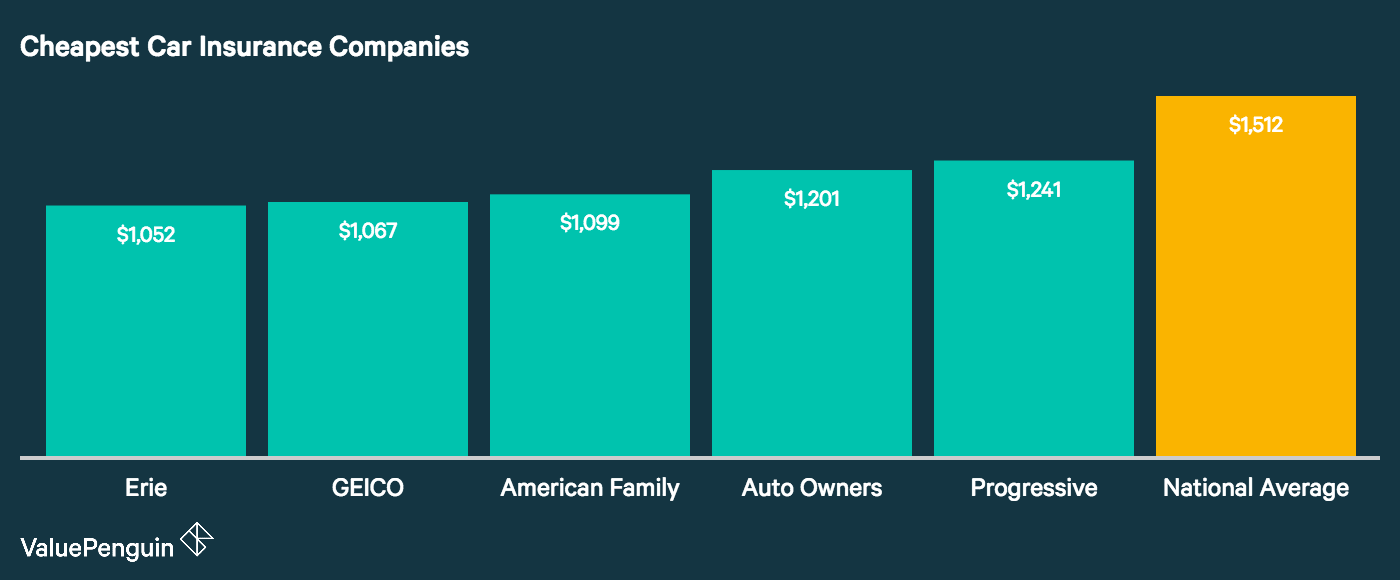The environment of automobile insurance is experiencing a significant change, shaped by advancements in tech and transformations in buyer needs. With driving habits adapt and vehicles become smarter, the auto insurance industry is adjusting to satisfy new needs. Such changes not only improve the customer experience but also aim to improve the precision of coverage costs.
Advancements such as automated tracking, artificial intelligence, and usage-based policies are paving the way for a much personalized approach to auto insurance. As we approach the future, it is important to explore the patterns that are influencing this sector and how they will affect both insurance companies and consumers alike. Understanding these developments can assist consumers take informed decisions and maneuver through the complexities of auto insurance in an ever more evolving market.
Emerging Technologies in Car Insurance
As the vehicle insurance industry evolves, new technologies are redefining how insurers determine risk and interact with policyholders. Sophisticated data analytics and artificial intelligence are now essential tools for insurers, permitting them to evaluate vast amounts of driving data obtained from telematics devices. These devices observe driving behavior, providing insights into velocity, deceleration patterns, and overall safety on the road. Texas cheap car insurance can use this data to design personalized policies based on individual risk profiles, leading to more accurate premiums and potentially lower costs for responsible drivers.
Another significant technological advancement is the use of blockchain in car insurance. This technology offers transparency and security in transactions between insurers and customers. Smart contracts, a feature of blockchain, can streamline claims processing, minimizing the time and complexity involved in settling claims. By ensuring a secure and tamper-proof way to maintain insurance policies and claims history, blockchain can improve trust between customers and insurers, ultimately optimizing the entire insurance process.
Furthermore, the rise of connected cars is set to transform the auto insurance landscape. With vehicles loaded with internet connectivity and state-of-the-art sensors, insurers can collect real-time data on vehicle condition and incidents. This information not only aids in risk assessment but also facilitates proactive measures to stop accidents. As the market for connected vehicles increases, anticipate to see insurance products specifically crafted for these smart vehicles, tailored to their special features and the data they offer.
Trends Shaping the Prospects of Auto Coverage
A of the key trends redesigning auto insurance is the incorporation of technology, particularly the implementation of telematics. Insurers are gradually employing devices that observe driving behavior, like speed, braking patterns, and even time of day driving. This data allows companies to offer tailored premiums based on specific risk profiles, promoting safer habits and possibly decreasing costs for consumers who demonstrate responsible behavior. By leveraging this real-time information, the industry is shifting towards a more tailored approach to pricing and policy development.
A pivotal trend is the rise of flexible insurance models. As consumers consider alternative transportation options and adopt car-sharing services, insurers are starting to offer flexible coverage that caters to diverse driving habits. This change reflects a transformation in consumer behavior, with many individuals seeking insurance that matches their actual usage rather than the traditional fixed annual premiums. As a result, benefit packages are designed to accommodate occasional drivers or those who utilize alternative vehicles, boosting accessibility and affordability in the insurance market.
In addition, the emergence of artificial intelligence is transforming claims processing and customer service in auto insurance. Automated systems can assess claims efficiently, reducing the time it takes for consumers to receive payments or repairs. Additionally, AI-powered chatbots and virtual assistants are improving customer interactions, providing prompt responses to inquiries. This trend not only improves customer satisfaction but also enables insurers to streamline operations and reduce administrative costs, paving the way for a more efficient and responsive insurance landscape in the future.
Effects of Artificial Intelligence and Big Data on Pricing
Artificial Intelligence and Big Data are changing how car insurance providers evaluate risks and establish rates. By leveraging vast amounts of data, these tools allow insurers to examine driver behavior in real-time, taking into account various aspects such as driving habits, use of vehicles, and including environmental conditions. This sophisticated analysis enables insurers to offer tailored rates that represent individual profiles of risk rather than depending on broad data.
Furthermore, AI algorithms can quickly process claims and detect fraud more effectively than traditional methods. This not only accelerates the claims handling for honest customers but also reduces costs for insurers, leading to more advantageous rates. As insurers continue to improve their models using machine learning techniques, the accuracy of risk assessment will only enhance, resulting in more equitable insurance premiums tailored to each policyholder.
As the use of AI and Big Data becomes more common, we can anticipate a significant shift in how consumers perceive car insurance. The transparency brought about by tailored rates will empower drivers to make more informed choices about their coverage. Consequently, this could lead to a more competitive market where brand loyalty is driven by quality and customer service rather than mere recognition of brands, paving the way for innovative offerings in auto insurance.

